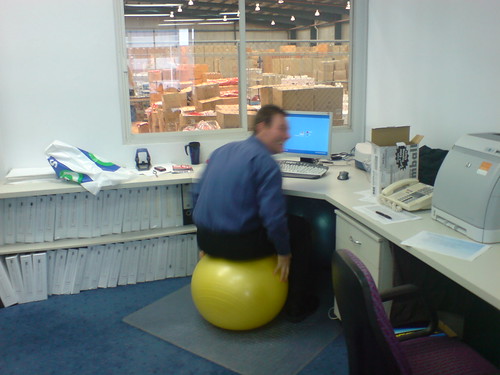It is not uncommon for pregnant and new mothers to develop hemorrhoids. They typically occur when increased pressure is placed on the veins in and around the rectum. They can be embarrassing to discuss, so many will not ask those important questions that can help with prevention and treatment. By using the advice in this article, you will obtain a more accurate idea of the treatments and causes for hemorrhoids, which will help you to understand them better. When fighting hemorrhoids, avoid exposing irritated and inflamed tissues to personal hygiene products which have dyes, essential oils, and fragrances. Even a brief exposure to these ingredients can significantly increase the pain, itchiness, and swelling of your hemorrhoids. Improving your bathroom hygiene practices can make it less likely that external hemorrhoids will form. Choose a soft toilet paper and use moistened wipes after your bowel movements. One simple way to help lessen the pain of hemorrhoids is to add a little lemon to your water. Lemon is known to reduce the pain and irritation associated with hemorrhoids. Drinking lemon water will help improve the way you are feeling every day! If you happen to be suffering through a flare up of hemorrhoids, relief from the pain and discomfort is possible. Sliding into a sitz bath and soaking for ten minutes a few times a day is suggested. Also, relief may come in the form of a cold compress applied directly to the area. Whole wheat bread is great to consume for digestion purposes and can improve hemorrhoids. It also reduces irritation and blotchy skin. The next time you make a sandwich, go with wheat bread instead!
Home »
» You Do Not Have To Learn To Live With Hemorrhoids
You Do Not Have To Learn To Live With Hemorrhoids
Posted by Unknown
Posted on 3:38 AM
with No comments
You Do Not Have To Learn To Live With Hemorrhoids
It is not uncommon for pregnant and new mothers to develop hemorrhoids. They typically occur when increased pressure is placed on the veins in and around the rectum. They can be embarrassing to discuss, so many will not ask those important questions that can help with prevention and treatment. By using the advice in this article, you will obtain a more accurate idea of the treatments and causes for hemorrhoids, which will help you to understand them better. When fighting hemorrhoids, avoid exposing irritated and inflamed tissues to personal hygiene products which have dyes, essential oils, and fragrances. Even a brief exposure to these ingredients can significantly increase the pain, itchiness, and swelling of your hemorrhoids. Improving your bathroom hygiene practices can make it less likely that external hemorrhoids will form. Choose a soft toilet paper and use moistened wipes after your bowel movements. One simple way to help lessen the pain of hemorrhoids is to add a little lemon to your water. Lemon is known to reduce the pain and irritation associated with hemorrhoids. Drinking lemon water will help improve the way you are feeling every day! If you happen to be suffering through a flare up of hemorrhoids, relief from the pain and discomfort is possible. Sliding into a sitz bath and soaking for ten minutes a few times a day is suggested. Also, relief may come in the form of a cold compress applied directly to the area. Whole wheat bread is great to consume for digestion purposes and can improve hemorrhoids. It also reduces irritation and blotchy skin. The next time you make a sandwich, go with wheat bread instead!
It is not uncommon for pregnant and new mothers to develop hemorrhoids. They typically occur when increased pressure is placed on the veins in and around the rectum. They can be embarrassing to discuss, so many will not ask those important questions that can help with prevention and treatment. By using the advice in this article, you will obtain a more accurate idea of the treatments and causes for hemorrhoids, which will help you to understand them better. When fighting hemorrhoids, avoid exposing irritated and inflamed tissues to personal hygiene products which have dyes, essential oils, and fragrances. Even a brief exposure to these ingredients can significantly increase the pain, itchiness, and swelling of your hemorrhoids. Improving your bathroom hygiene practices can make it less likely that external hemorrhoids will form. Choose a soft toilet paper and use moistened wipes after your bowel movements. One simple way to help lessen the pain of hemorrhoids is to add a little lemon to your water. Lemon is known to reduce the pain and irritation associated with hemorrhoids. Drinking lemon water will help improve the way you are feeling every day! If you happen to be suffering through a flare up of hemorrhoids, relief from the pain and discomfort is possible. Sliding into a sitz bath and soaking for ten minutes a few times a day is suggested. Also, relief may come in the form of a cold compress applied directly to the area. Whole wheat bread is great to consume for digestion purposes and can improve hemorrhoids. It also reduces irritation and blotchy skin. The next time you make a sandwich, go with wheat bread instead!


0 comments:
Post a Comment